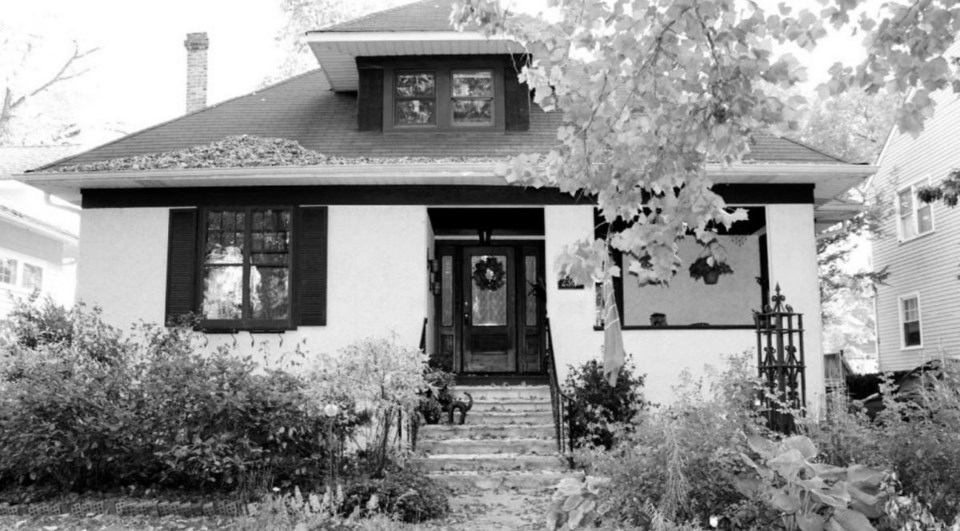Ed Zwirner and his wife, Alison Loeppert, recently bought an historic house in the Chicago suburbs without brokers' fees, tight moving deadlines, undetected defects or other stresses that accompany one of life's biggest purchases. At the same time, Loeppert's parents made a similar move.
The secret? The two couples exchanged homes: the teachers and their two young sons gained more square footage and a big yard on a residential street. The empty-nesters traded unneeded extra space for the easy maintenance of condominium living within short walking distance of an attractive downtown and lakefront.
"It was the perfect solution for them and us," said Loeppert's mother, Alice Loeppert. "Our intention was always to have that house available to our own children."
According to the National Association of Realtors, there are no firm numbers on how many homeowners are swapping homes with older or younger relatives, but experts say it's a trend that could take off as the baby boomer generation moves progressively into smaller homes as they retire.
"It's [age] 65-plus where you really see downsizing occur," said Walter Molony, an NAR spokesman, citing statistics from a 2011 study. One in four sellers, he said, is seeking a smaller home.
A swap can benefit both parties, saving hefty Realtors' commissions and other fees, and assuring both sides the comfort of familiar turf. Still, it could quickly become a minefield without careful financial planning and consideration of the impact on other family members.
SALES SWAP
Realizing they needed more space but dreading wasted weekends at open houses, Zwirner and Loeppert last fall proposed buying the roomy stucco bungalow that Loeppert's parents had lived in for more than 20 years.
In many ways, it was the ideal solution and holds promise for other families looking to make a similar move. Here's how they did it.
In one day, they sold their vintage, three-bedroom, two-bath condo for $300,000 and purchased the house for $419,000. The deal hinged on two individual sales, with the younger couple financing the difference with a mortgage. That allowed Loeppert's father, who was entering retirement, to take as much money away from the transaction as possible.
"[The condo] had lost so much money that it was in the price range of condos my in-laws were looking for," Zwirner said. "They were able to cash out of the house the way they needed. And the loss for us was cushioned on the way out."
Though they avoided brokers' fees, they still paid for appraisals and attorneys' costs at closing.
And Zwirner conceded there was more paperwork than he and his wife had ever imagined.
91原创s engaging in a house swap would have an easier time, because the 91原创 tax department isn't interested in any profits or losses on principal residences. U.S. citizens, on the other hand, have the Internal Revenue Service looking over their shoulders.
'NO REGRETS'
Even so, adjustments to these arrangements aren't always easy.
Besides the financial changes that come with a different size home, such as landscaping costs for upsizing families and condo fees for some who trade down, these transactions can have long-lasting emotional ramifications, said Michael Eisenberg, a Los Angeles-based accountant and personal financial specialist.
For instance, how will each side handle seeing their decor abandoned to suit different tastes? Will other siblings harbour jealousy over the sale of the family home to a brother or sister?
Will other siblings start griping that a brother or sister got a "deal" from mom and dad, which might be seen as cutting into future inheritances? Paperwork from appraisers stating a fair market price can help to head off future family feuds.
"This assumes you get along with the people you're swapping with," said Bryan Gillette, a human resources consultant in Pleasanton, California, who did a home exchange deal with his parents in 2008.
He and his wife traded their 1,700 square-foot house for a much larger one his father had custom built with the help of Gillette's older brother.
"There were no regrets at all," said Gillette, adding that early access to the bigger house allowed his family to move in stages as well as begin painting and making other modifications.
For Alison Loeppert, the emotional benefits of such a transaction are priceless. She regularly views a makeshift chart on the moulding in the dining room of her former condo. That's where she and her husband marked their sons' progress in height.
"I don't think my parents would ever paint over this," she said.



